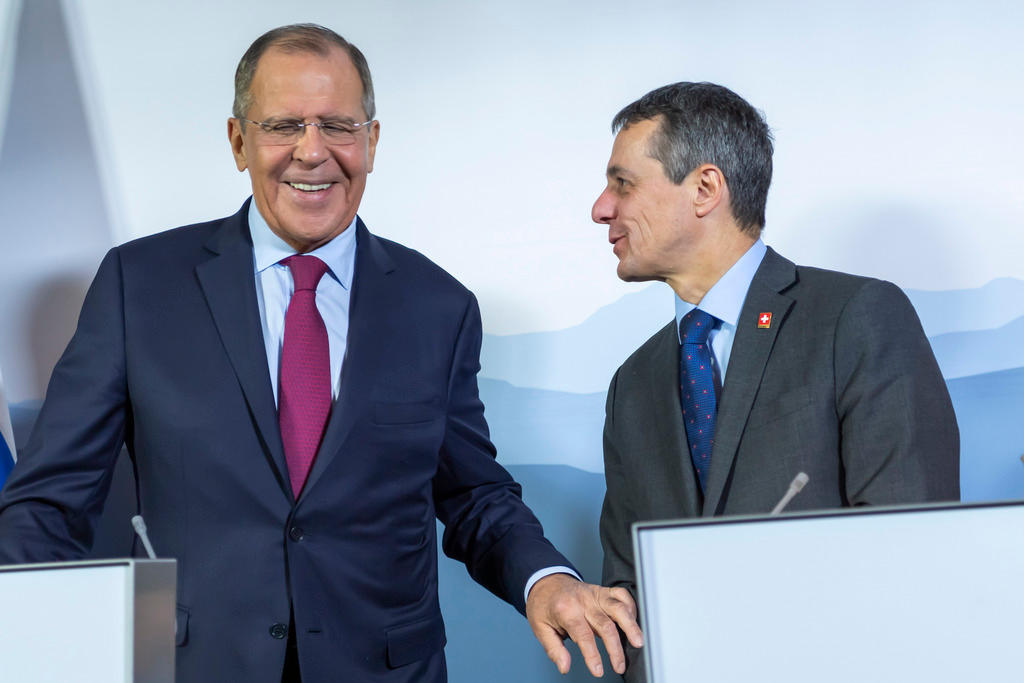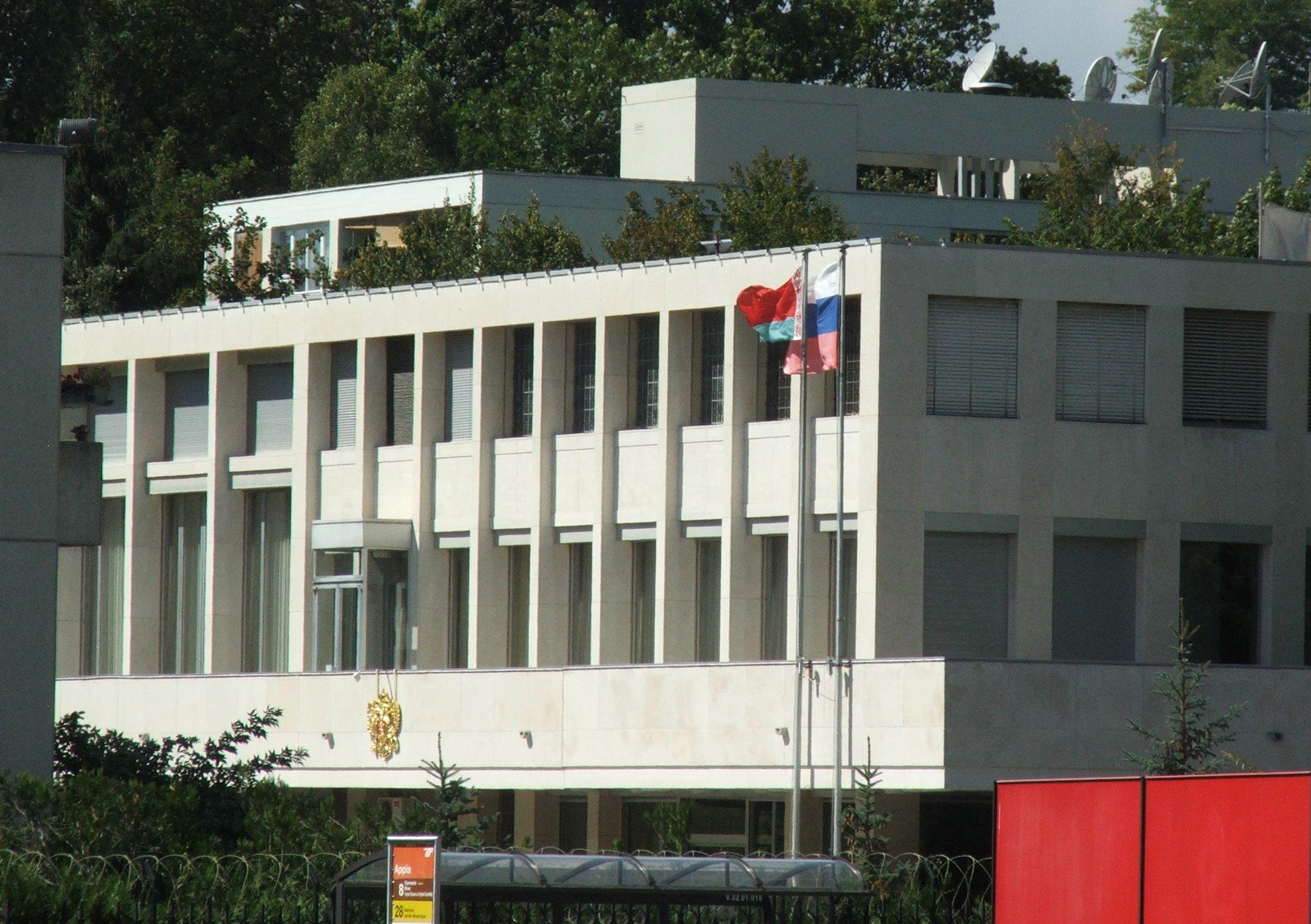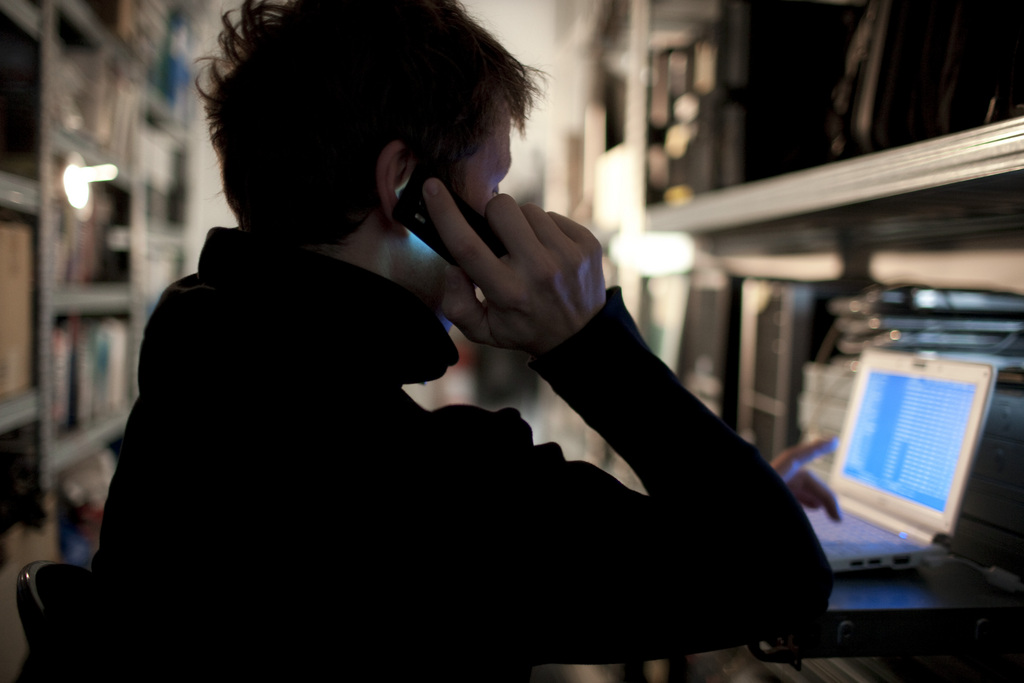Snowden’s memoir: Key takeaways on his time in Geneva

Former US spy Edward Snowden has published his memoir, which fills in some of the gaps about his story as arguably the world’s most famous whistleblower. We take a closer look at the chapter on the two years he spent in Geneva.
Much has already been told about the life of the former CIA staffer and National Security Agency (NSA) contractor, who in 2013 revealed details of US intelligence agencies’ secret surveillance programmes. Snowden now lives in Russia to avoid arrest.
But in “Permanent Record”, which is published in French and German on Thursday, Snowden tells his own life story in detail for the first time, including a more extensive account of his time in the western Swiss city from 2007-2009.
In March 2007, the CIA stationed the 23-year-old technical information security officer in Geneva with diplomatic cover, living in a four-bedroom apartment in the city centre.
Snowden says he was based at the US Mission in Geneva, a city which was “a refined Old World capital of family banking” at the intersection of EU and international fibre-optic networks and “within the shadow of key communications satellites”.
The international city is also home to the UN’s European headquarters and dozens of specialized international organisations and hundreds of NGOs.
In the book, Snowden lists some of these “sophisticated targets”, such as the office of the International Atomic Energy Agency (IAEA), which “promotes nuclear technology and safety standards worldwide, including those that relate to nuclear weaponry”, the International Telecommunication Union (ITU), which “through its influence for technical standards for everything from the radio spectrum to satellite orbits – determines what can be communicated and how” and the World Trade Organisation (WTO), which, via regulations of the trade of goods, services and intellectual property between states “determines what can be sold and how”.
Snowden writes that Geneva was the viewed as the capital of private finance, which “allowed great fortunes to be stashed and spent without much public scrutiny regardless of whether these fortunes were ill-gotten or well earned”.
As the Swiss banking industry went digital, he said “it was only logical” that America’s intelligence services would use its connections to steal some of the world’s best-kept secrets.
In June 2013, Swiss President Ueli MaurerExternal link said he doubted Snowden’s claims about his activities as a CIA officer in Geneva. He said would back a criminal investigation into the whistleblower if Swiss prosecutors called for one.
In December 2013, the Federal Council approved a request from the Federal Prosecutor’s Office to open criminal proceedings into alleged spying on Swiss soil by foreign secret services.
However, in November 2014, the Federal Prosecutor’s Office stated that a criminal investigation into alleged illegal spying activities by the US in Switzerland – as revealed by whistleblower Edward Snowden – would be pointless.
Though Snowden is viewed by some as a hero, US authorities want him to stand in a criminal trial over his disclosures of classified information. The US has filed a lawsuit against the former NSA contractor, saying his new book violates non-disclosure agreements.
Field intelligence gathering was still crucial despite the fast-expanding world of “digital network intelligence”. Snowden describes his most memorable operation – a failed attempt to recruit a Saudi banker in Geneva, which he had previously talked about – as an “unfortunately visceral and sad experience”.
Snowden recounts how he met a banker, who managed Saudi accounts, at a party at a smart lakeside cafe. He later passed the potential source on to “Cal”, a CIA case officer, who failed to ensnare him despite “regular forays to strip clubs and bars”.
Snowden describes how one evening Cal got the Saudi drunk, then pressured him to drive home instead of taking a taxi. The CIA officer, he claimed, passed the banker’s car information to the Geneva police, who arrested him for drink driving.
Unable to drive and facing a large fine, Cal allegedly offered to drive the banker to work every day and to lend him money. When he finally admitted his motives and made pitch, the furious banker refused to become a spy. The Saudi later lost his job and returned to Saudi Arabia, Snowden wrote.
While he told outsiders he worked in IT, Snowden said his technical work in Geneva involved assisting specialised intelligence officers. He describes his day-to-day work such as setting up a covert online communications channel, destroying a computer disk containing customer records bought from a corrupt Swisscom employee or advising whether an infected USB thumb drive could be used to hack the computers of UN delegates.
In reply, Swisscom told the Tages-Anzeiger newspaper that it was unable to comment given “the very vague information available to us and the fact that this was a long time ago”.
Before his girlfriend Lindsay Mills moved to Geneva to join him, Snowden said he spent lonely evenings alone reading books like Frankenstein by Mary Shelley: “Stretched out on a bare mattress in the living room of the comically fancy, comically vast apartment but still almost entirely unfurnished apartment that the embassy was paying for on the Quai du Seujet in the Saint-Jean Falaises district, with the Rhône out of one window and the Jura Mountains out the other”.
After the banker debacle, he says he spent the second half of 2008 avoiding parties and hanging around with his girlfriend discovering the cafés and parks of Saint-Jean-Falaises and occasionally going on holiday to Italy, France and Spain.
His stay in Switzerland coincided with the financial crash. He didn’t like what he saw in Geneva, particularly the wealth on display and extravagant five-star lifestyles of the super-rich, which contrasted with grim news that friends in the US had lost their homes to banks after “an unexpected illness made a few mortgage payments impossible”.
“To live in Geneva was to live in an alternative, even opposite, reality,” he wrote.

More
Switzerland wants nothing to do with Snowden

In compliance with the JTI standards
More: SWI swissinfo.ch certified by the Journalism Trust Initiative
















You can find an overview of ongoing debates with our journalists here . Please join us!
If you want to start a conversation about a topic raised in this article or want to report factual errors, email us at english@swissinfo.ch.